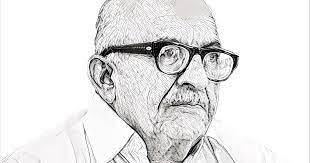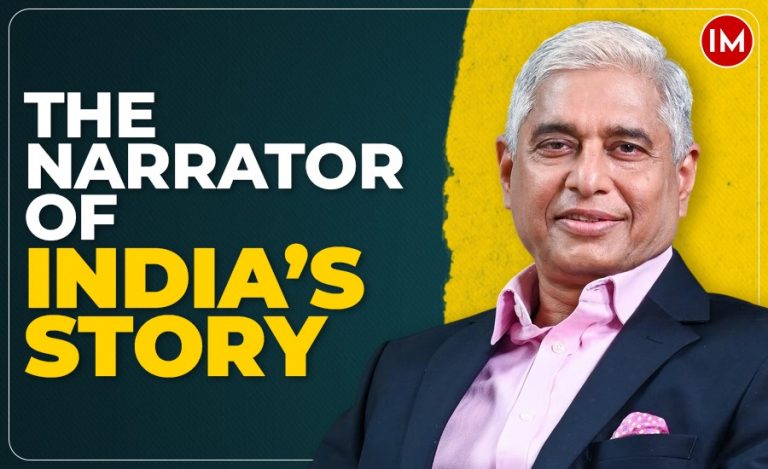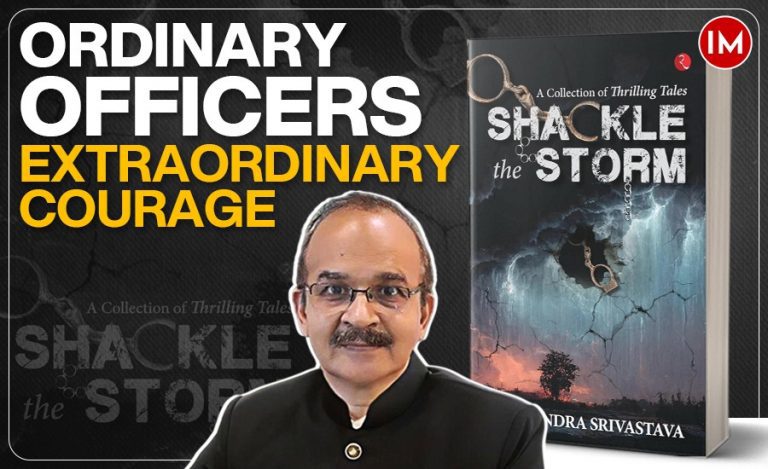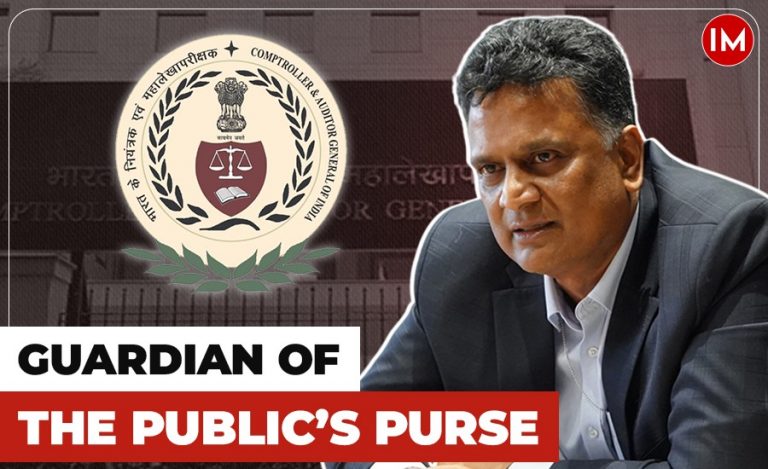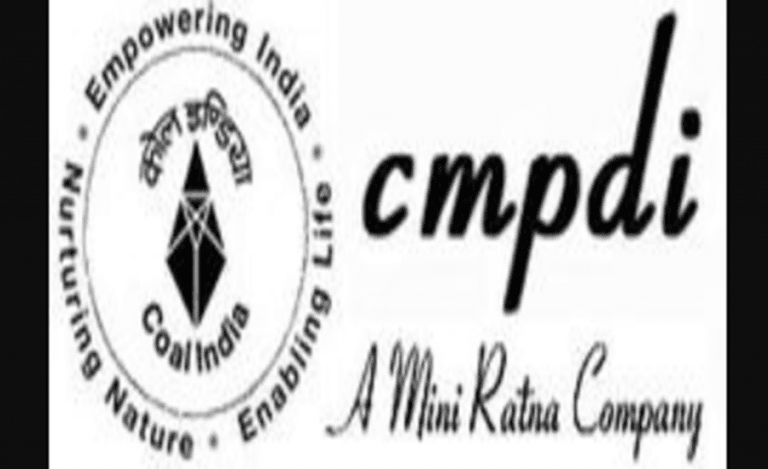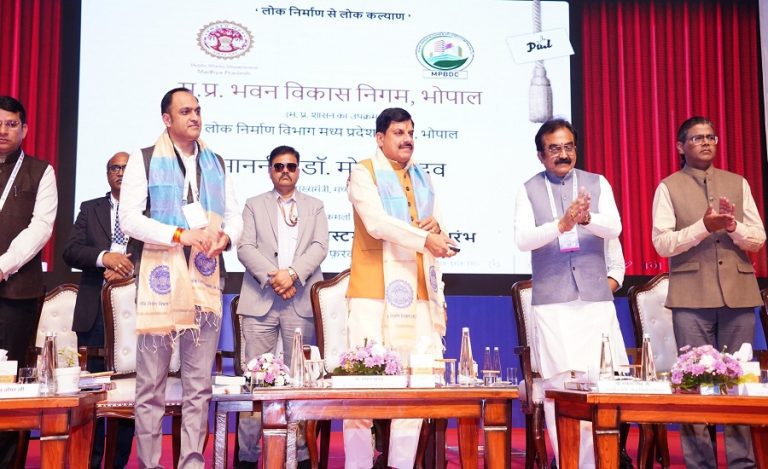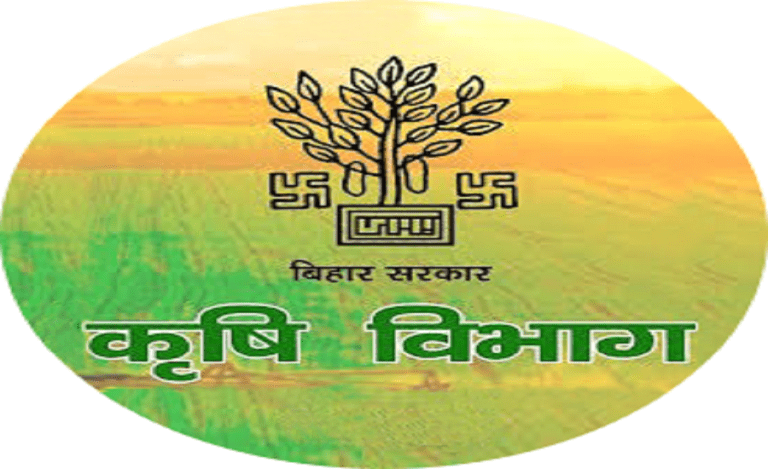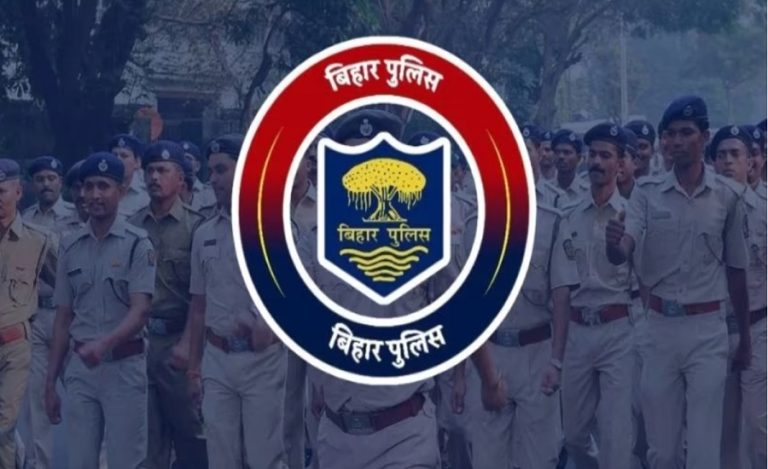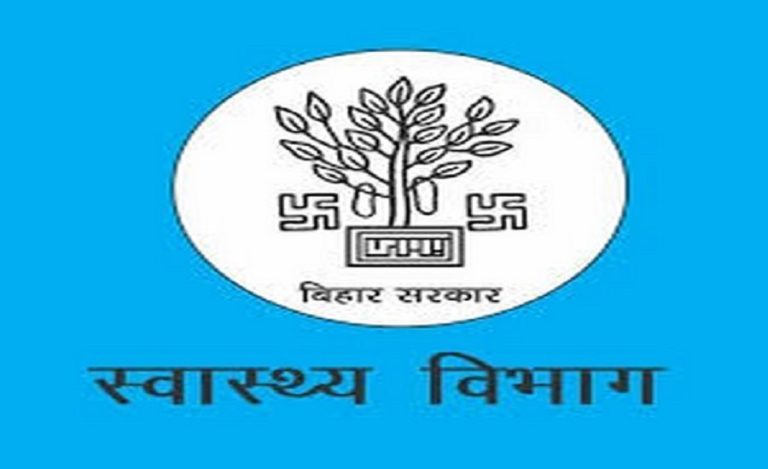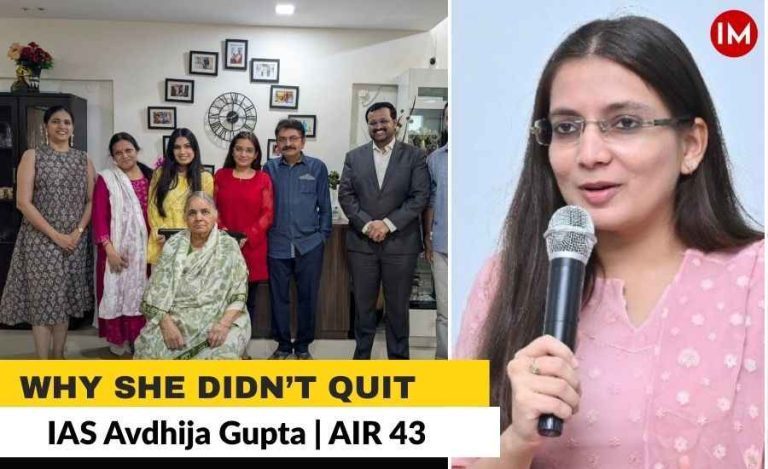It was a bureaucrat who helped preserve the pristine natural beauty of the City of Lakes, Bhopal, the capital of Madhya Pradesh. Over the years, from the era of Nawabs to modern urbanization, the city has undergone many changes. But one thing that has remained constant is its natural beauty, with the lakes enhancing it and appealing to the finer senses of people.
And the man who made this possible, by striving hard to preserve the scenic beauty of this beautiful city even in the era of industrialization and urbanization, is a civil servant – M N Buch, known popularly as the Architect of Modern Bhopal.
Indian Masterminds brings to you the story of this civil servant who is no longer with us, but whose deeds live on in every natural spot in the City of Lakes, reminding people of his untiring efforts to preserve its beautiful natural heritage.
ABOUT THE OFFICER
Mahesh Neelkanth Buch was born on October 5, 1934, in Sahiwal Punjab (presently in Pakistan), acquired his early education from Lahore and Rajkot, graduated in economics from St. Stephen’s College in Delhi, did his post-graduation from Cambridge University in 1956, and joined Indian Administrative Service in 1957 in Madhya Pradesh cadre.
In 2002,Buch was conferred the title Dr of Science (DSc) by the Rajiv Gandhi Technical University. In 1984, he took voluntary retirement from IAS, after having served as Principal Secretary to the Government of Madhya Pradesh in his last posting.
THE URBAN PLANNER
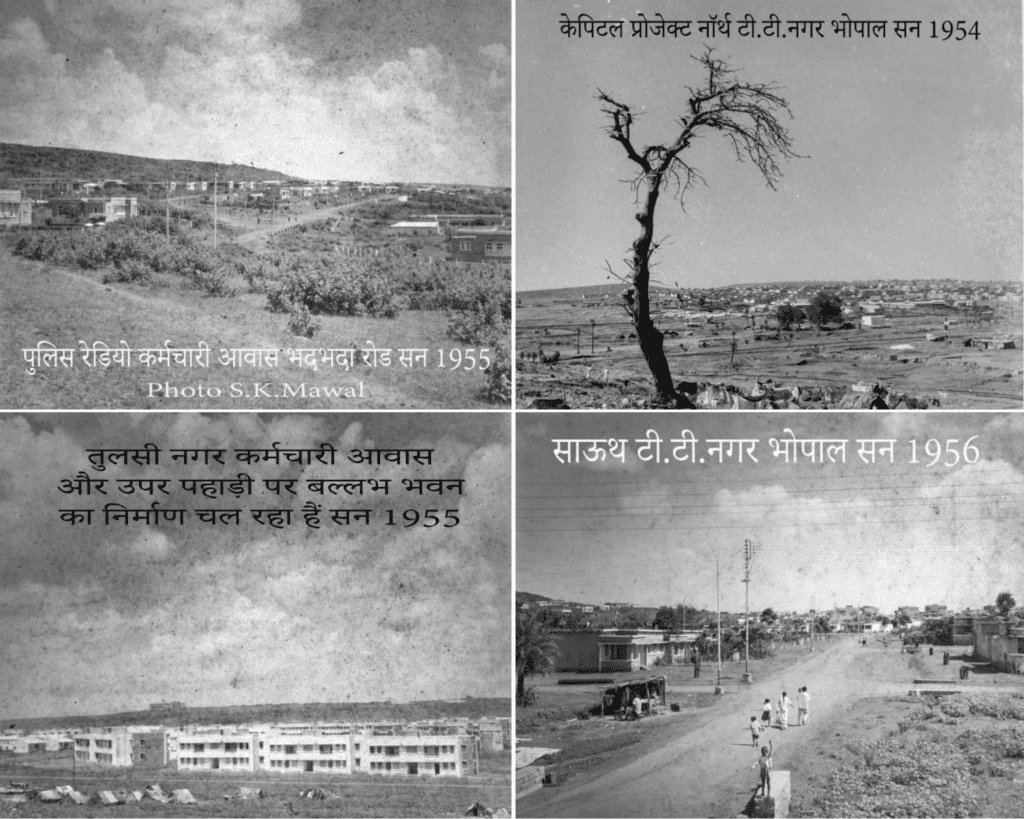
However, it was only during his tenure as the Municipal Commissioner of Bhopal that Buch’s strategic urban planning skills became more apparent than ever. His role was very significant in turning a city of 85,000 people into the administrative nerve center of Madhya Bharat.
From 1960s to 1970s, when Bhopal was transitioning into its modern version, particularly in the southern area of its two famous lakes, Buch took the command in his hands and ensured that there was not much difference between the old and modern Bhopal.
He once told the Hindu newspaper, “We had a fairly clean slate when the state was formed. Officials shifted to the city with their families from Nagpur, Indore and Rewa. It was obvious that the old city could not sustain this population of 3.5 lakhs. Land back then was easy to acquire and there was a lot of government land.”
As Chief Secretary and then Commissioner from 1971 to 1977, he headed important departments like Town and Country Planning, Housing Environment, Forest, Local Self-Government, Public Health Engineering, Tourism Department, Tribal Welfare etc. It was during his tenure that Van Vihar got its status as a National Park in 1979.
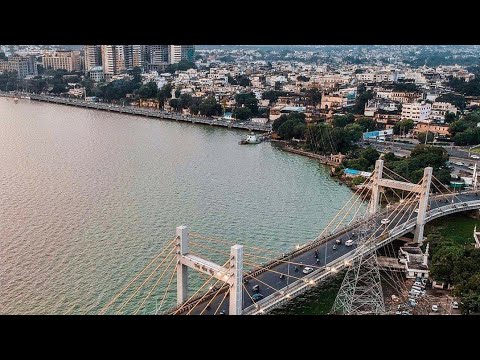
LINK TO THE BHOPAL GAS TRAGEDY
Buch was worried and apprehended a disaster in the making when it came to the Union Carbide Plant because of its location in the midst of a heavily populated slum. And he was proved right. The devastating methyl isocyanide gas leak incident took place in the year 1984 at the Plant, leaving thousands dead and thousands maimed for life.
A book, The Developing World and The Environment, written by Rajendra Ramgolan mentions this in one of its chapters. “MN Buch, serving as the Planning Director of Bhopal in year 1975, ordered the company to relocate in an area referred to as Bhopal Obnoxious Industrial Zone after the central authorities had granted approval for construction in the area of the slums. It was only after he was transferred out of his office in Bhopal that the plant reappeared at the disaster site and subsequently became the source of one of the most horrible instances of industrial bloodletting in the 20th century.”
MAN OF INTEGRITY
An outspoken man, he was known for his fearless ways. In the Eighties, he marked a file to then Forest Minister by simply writing “Forest Minister” without any salutations. The Minister sent the file back with the note “write honorable forest minister”. To which, Buch replied, “Sir, if you ask your conscience, then no one is honorable or respected. If it is a constitutional address, then I will write it.”
PADMA BHUSAN AWARDEE
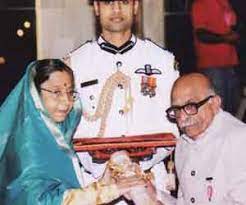
Buch was conferred with the country’s 3rd highest civilian award, Padma Bhushan, for his exceptional services in 2011. He also received many other prestigious awards, such as Man of Vision Award in 2003, Aga Khan Award in 1998, UNEP award in 1995, etc.
The Father of Modern Bhopal founded the National Center for Human Settlements and Environment that focuses on the sustainable development of settlements in a holistic manner.
He also served as Vice Chancellor of Delhi Development Authority, DG of National Institute of Urban Affairs, Vice Chancellor of National Commission on Urbanization, and Chairman of Empowered Committee for the New Vidhan Sabha Building in Madhya Pradesh.
THE AUTHOR
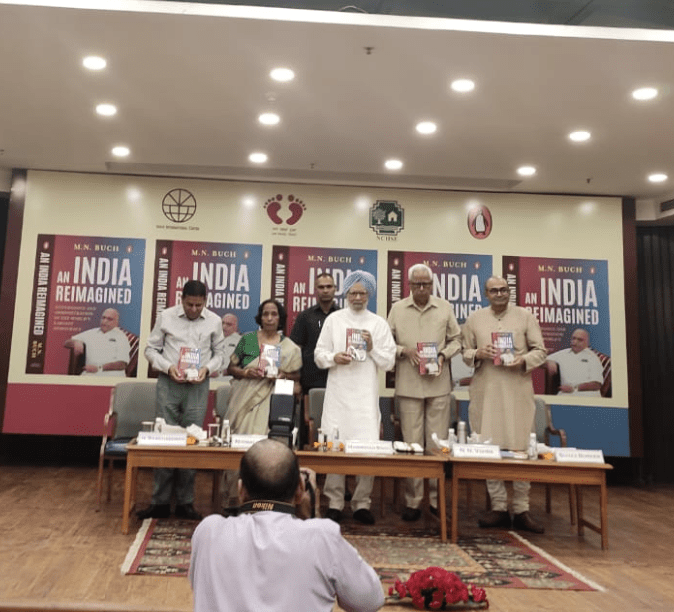
He authored four books on Urban Planning and Administration. The An India Reimagined tells us about the governance and administration in the world’s largest democracy. The three other books, When The Harvest Moon is Blue, Of Man And His Settlement, and Planning the Urban City, focus on urban planning and human settlement.
MN Buch is no more in this world. He bid a final goodbye on June 6, 2015, but his legacy of inspiring work lives on to show all bureaucrats the right way forward.

